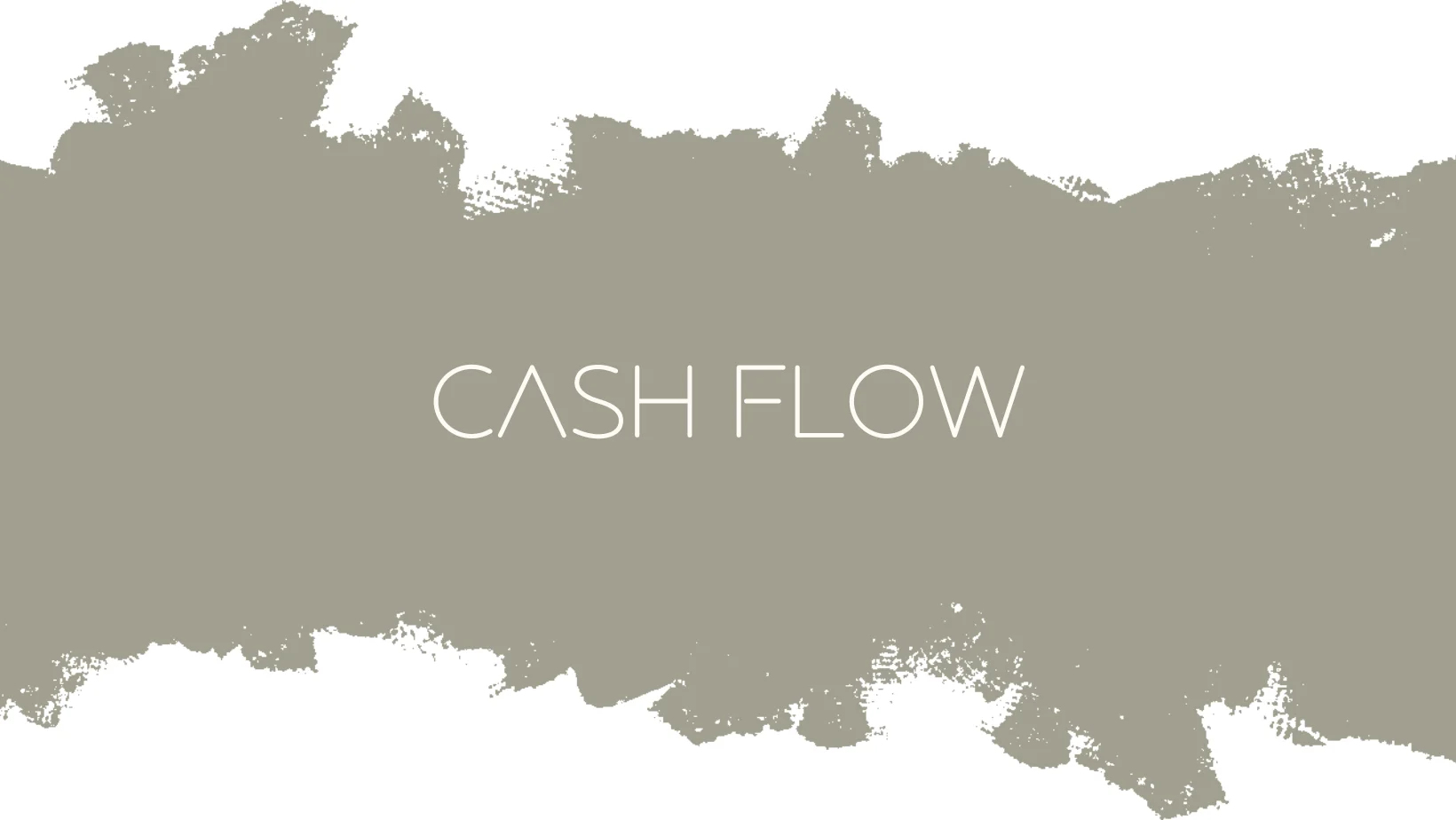Cash Flow

Real estate investors are constantly chasing the dream of consistent, passive income that they can use to finance their futures and live the lives they have been dreaming of.
But what does that passive income look like?
Introducing cash flow, the top goal for most real estate investors, getting into the market for the first time and the lifeblood of most professional real estate investors.
But first, before we dive into the wonders of how cash flow can make your investments the key to financial independence and quitting your day job, you need the right mortgage. So, get started the right way by clicking the link below for a free strategy call with our LendCity team today to qualify for the best available rates.
What is Cash Flow?
In short, cash flow is the money remaining from a rental investment after all monthly expenses are paid. Essentially, this is your profit from your investment. As opposed to other metrics such as NOI (Net Operating Income) or cap rate, this accurately judges how much you have made when all bills are settled.
How Do You Calculate Cash Flow?
Cash flow is calculated by taking your monthly rental income from a property and subtracting every single expense the property had that month. This includes mortgage payments, insurance, taxes, maintenance, property management, utilities and any other applicable cost you sunk into your investment.
For example, if you offer a two-bedroom house for $2000 per month with a $1300 mortgage payment and $450 in additional expenses, your cash flow for that month would be $250.
While you can estimate the average cash flow you can expect, you should always check to see how much actual profit you receive from an investment each month.
What is Negative Cash Flow?
Sometimes, you will hear that a property or region has “negative cash flow.” This means that after all expenses are paid, the property has lost money at the end of the month.
You can have individual months where a property has a negative flow, or it can be a consistent trend for a property. However, you need to know that it is not necessarily going to be a bad thing, but it is something you should be aware of.
Sometimes, you will have a negative cash flow month because you spent the month working on renovations and expected it to be down. Or you had a vacancy. Sometimes, investors will willingly buy properties with a consistently negative cash flow because the equity they stand to earn from the property is significant enough to justify the short-term loss.
How Can You Increase Your Cash Flow?
You can increase cash flow on a property in two main ways: increase your profits or lower your expenses.
Some ways you can increase your profits to boost your cash flow are by finding a way to cut down on vacancies, increase rent, or find a way to make a secondary income stream. This can be done through additional dwelling units, renting storage space, parking spots, and more.
You can also lower your expenses by reducing your monthly mortgage payments, cutting unnecessary costs from your property, or finding more cost-effective solutions for your property’s needs.
If You Are Ready to Invest
If you are ready to invest in solid and cash-flowing investments, let us help you by setting you up with the best available mortgage for your needs. To get started today, click the link below for a free strategy call with our mortgage team at LendCity.
